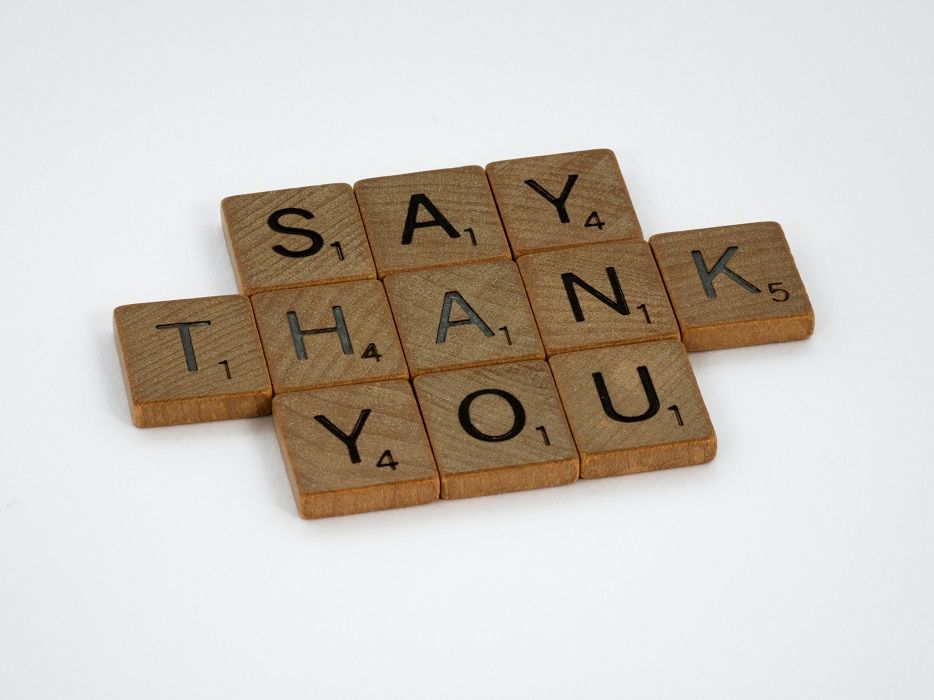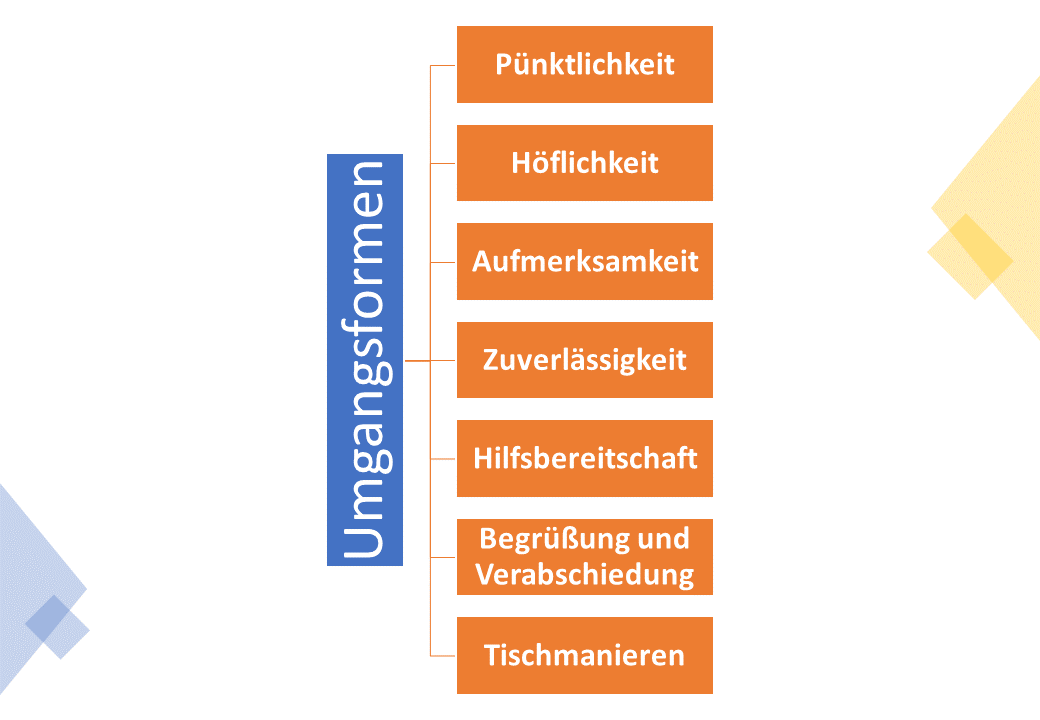Good Manners
You should observe these rules of conduct for easy and positive cooperation!

Each of us knows and uses them every day - the manners. But what does this word actually mean?
Manners include both "good" and "bad" behavior when interacting with other people. This includes the choice of words, the tone of voice, the appearance and behavior. Good manners and proper behavior are instilled in us from an early age by our parents' upbringing and our social environment.
Within a group, emphasizing the same manners can create a sense of belonging.
In this article we want to take a closer look at some of the most relevant manners in professional life.
Good Manners At Work
Anyone who thinks that good manners are no longer popular at work is way off the mark. Not only supervisors pay attention to the good behavior of their employees. Good manners are also an important factor for good cooperation among colleagues. Good behavior suggests competence and can significantly influence the path to success.

Punctuality
Of course, punctuality comes first. Being punctual to the office and to meetings shows respect. This applies equally to superiors, employees and colleagues.
Of course, due to traffic jams, train failures, etc., it can happen that we cannot be on time. It doesn't matter if we're late for an appointment. However, this should not become the norm. It is also important that we inform our appointment in good time that we will be late.
Courtesy
A friendly and open personality is contagious. If you show politeness, you usually get it back. The words "please" and "thank you" should be present and used in every vocabulary. Saying please and thank you shows that you respect your counterpart. Keeping the door open for the next colleague is also part of politeness.
Attention
Listening carefully to a conversation and maintaining eye contact underscores the acknowledgment of the conversation partner. Anyone who is lost in thought and looks out the window during a conversation or meeting, is busy with the latest game on their smartphone or even interrupts the speaker is considered inattentive and disrespectful.
Reliability
Reliability is essential, especially at work. Anyone who is unreliable quickly falls out of favor with their colleagues and superiors and, in the worst case, risks their job.
Willingness To Help
Be it sorting files or a more difficult task that needs to be done urgently. Anyone who offers to help their colleagues with a task collects sympathy points and can hope that their willingness to help will be gladly returned by their colleagues.

Greeting And Farewell
Who doesn't know it - you come to work in the morning and greet your colleague with a friendly "Moin" . But there is no backlash. We notice how our mood changes and we get angry that our colleague didn't say hello. " He probably didn't enjoy a good upbringing," we think to ourselves. However, it can of course also be the case that the colleague is simply thinking, is having a bad day himself or simply didn't notice our greeting. Therefore, we should not read too much into such a situation.
In general, however, it is good manners to greet and say goodbye to your counterpart. Many mistakes can happen, especially in the professional environment. When meeting with managers, it is advisable to greet the most senior first. Formally, this is done with a firm handshake. Since the corona pandemic, however, this is no longer in demand. However, maintaining eye contact with the person you are talking to and addressing them directly is still part of the obligatory program of good behavior.
Table Manners
Slurping are not good table manners. We should pay attention to our behavior, especially when we have lunch together with colleagues or superiors. In addition to many other rules of conduct, this includes using a serviette, avoiding spills if possible and keeping the volume of our voices low.
Conclusion
Good manners are still highly valued in our society.
A distinction is often made according to hierarchical level or social position. However, this distinction is outdated and morally unacceptable. Everyone is entitled to good manners!
We should not discard these after work, but also use them in our free time. It makes life easier and more positive because most people react in the same positive way as you treat them. Who doesn't look forward to a friendly "hello" during the daily jog or a nice small talk while walking the dog in the park?